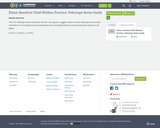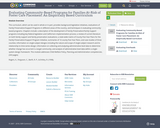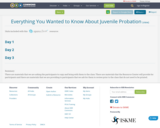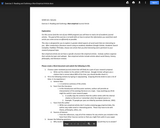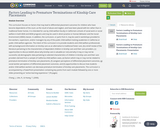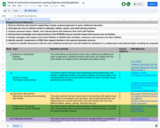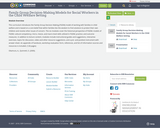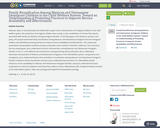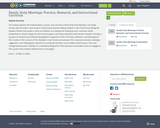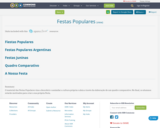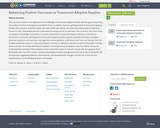
This curriculum explores the experiences and challenges of transracial adoptive families with the goal of improving the quality of services and supports provided to them. In addition, there is a growing subset of transracial adoptive families who choose to maintain contact with their child's birth family. Very little information exists to help these families or their child welfare workers understand the bumpy terrain of openness. This curriculum fills some of the many gaps in knowledge and practice. It includes summaries of transracial adoption literature, a theoretical discussion on normative development in transracial adoptive families, practice-oriented information including discussion questions and exercises, case vignettes, worker guidance, a self-assessment tool, and findings from the in-depth qualitative study of 12 transracial adoptive families in California conducted as part of this project. Findings themes include: the complicated factors involved in choosing transracial adoption; how the children and youth understand the meaning of their adoption; issues around the choice to maintain contact with the adopted child's birth family, the role of the contact, and the vulnerability of contact arrangements; the role of race in family life and development, negotiating different cultural worlds, and developmental changes; and the role of services and supports prior to and following adoption. (216 pages)Frasch, K., Brooks, D., Reich, J., & Wind, L. (2004).
- Subject:
- Social Work
- Material Type:
- Module
- Author:
- CalSWEC
- Date Added:
- 03/01/2018


